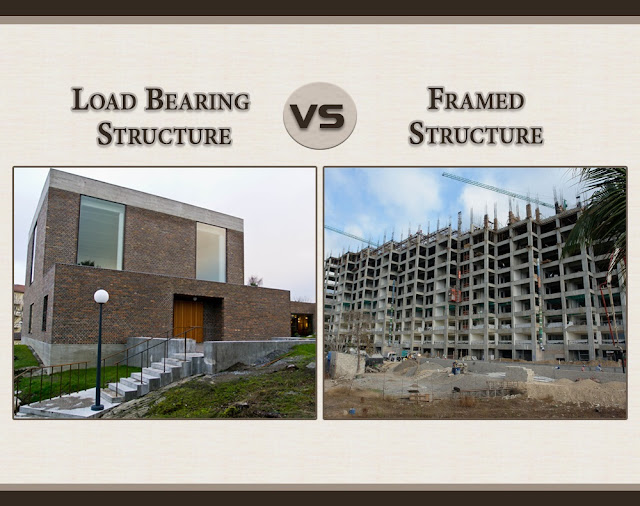What is the construction industry, and what does it entail?
From large-scale commercial projects to residential home builds, the Construction Industry plays a significant role in shaping our physical environment. In this blog post, we will explore some frequently asked questions (FAQs) about the construction industry and provide answers for targeted audiences in the field.
What is the construction industry, and what does it entail?
The construction industry is a sector that encompasses a wide range of activities, including the design, planning, construction, and maintenance of buildings, infrastructure, and other structures. This industry covers everything from small-scale residential projects to large commercial developments, including transportation systems, housing, offices, schools, hospitals, and retail spaces.
What are the different types of construction projects?
Construction projects can be broadly categorized into three main types: building, infrastructure, and industrial. Building construction involves the development of residential or commercial structures, such as homes, office buildings, and shopping centers. Infrastructure projects are those that involve the construction of public works, including roads, bridges, airports, and water treatment plants. Industrial projects encompass construction work in the manufacturing, energy, and mining sectors.
What skills are required to work in the construction industry?
A wide range of skills is required to work in the construction industry, including technical skills, such as knowledge of building codes and materials, project management skills, communication skills, and teamwork skills. Depending on the role, individuals may also need to have specific qualifications or certifications, such as engineering or trades certifications.
What are the challenges facing the construction industry?
One of the biggest challenges facing the construction industry is the shortage of skilled workers, which can lead to delays in project completion and higher costs. Other challenges include rising costs of materials, compliance with regulations and building codes, and the need to adopt new technologies and sustainable practices.
What technologies are changing the construction industry?
The construction industry is adopting new technologies to increase efficiency and productivity, reduce costs, and improve safety. These technologies include Building Information Modeling (BIM), which allows for digital modeling of construction projects, drones for surveying and inspection, and the use of prefabricated building components, which can speed up construction times and reduce waste.
What are the benefits of sustainable construction practices?
Sustainable construction practices can help to reduce the environmental impact of construction projects by using materials and methods that are environmentally friendly. This can include the use of recycled materials, energy-efficient building designs, and the implementation of renewable energy systems, such as solar panels or geothermal systems. Sustainable construction can also lead to long-term cost savings through reduced energy consumption and maintenance costs.
Conclusion
the construction industry is a dynamic and vital part of any economy, providing essential infrastructure and creating jobs. However, the industry also faces significant challenges, such as the shortage of skilled workers and rising costs of materials. By adopting new technologies and sustainable practices, the construction industry can continue to grow and thrive while minimizing its environmental impact. For individuals interested in working in the construction industry, developing a wide range of skills, including technical, project management, communication, and teamwork skills, is essential for success.




Comments
Post a Comment